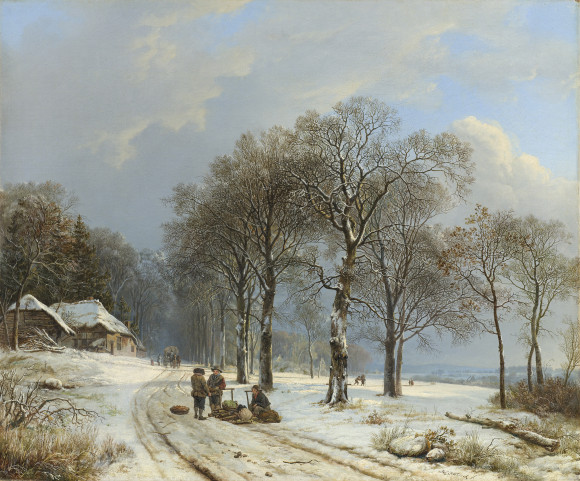Where’s Me Support?!
belkinsa - November 17, 2015 in Open * Communities, Planet, Ubuntu
Over the two (2+) plus years, I started many projects within the Open * communities that I’m apart of. Most of these projects I started were meant to be worked on with two or more people (including me, of course) but I never had luck in getting anyone to work together with me. Okay, once it has succeeded and two (2) or three (3) times, it was close but still failed. That one time when it succeeded happened because I was on the Membership Board where the members had to be committed.
Because many projects meant for collaboration failed that means either that the communities don’t have enough people willing to work with me (or on anything!) (or a time commitment) or I have networking issues. The latter is within my control and the earlier is one of the problems that most of the Open * communities face.
Lacking support and the feeling of not getting things done over these two plus years is making me to lose motivation to volunteer within these communities. In fact, some of this has already affected four teams within the Ubuntu Community: Ubuntu Women, Ubuntu Ohio, Ubuntu Leadership Team, and Ubuntu Scientists and no news or any activity is shown. As for others, I’m close in removing myself from the communities, something that I don’t want to do and this is why I wrote this. It’s to answer my question of: Where’s my support?! (“me” in the title, but it’s for the lightheartedness that this post needs) I know of a few that maybe feeling this also.
As a thought, as I wrote this post, is what if I worked on a site that could serve as a volunteer board for projects within the Open * communities. Something like “Find a Task” started by Mozilla (I think) and brought over to the Ubuntu Community by Ian W, but maybe as a Discourse forum or Stack Exchange. The only problem that I will face is, again, support for people who want to post and to read. I had issues getting Open Science groups/bloggers/people to add their blog’s feed to Planet Open Science hosted by OKFN’s Open Science But that might be different if it will have almost all types of Open * movements will be represented. Who knows.
Readers, please don’t worry, as this post is written during the CC election in the Ubuntu Community, it will not affect my will to run for a chair. In fact, I think, being in the CC could help me to learn to deal with this issue if others are facing this but they are afraid to talk about in public.
I really, really don’t want to leave any of the Open Communities because of lack of support and I hope some of you can understand and help me. I would like your feedback/comments/advice on this one.
Thank you.
P.S. If this sounded like a rant, sorry, I had to get it out.




